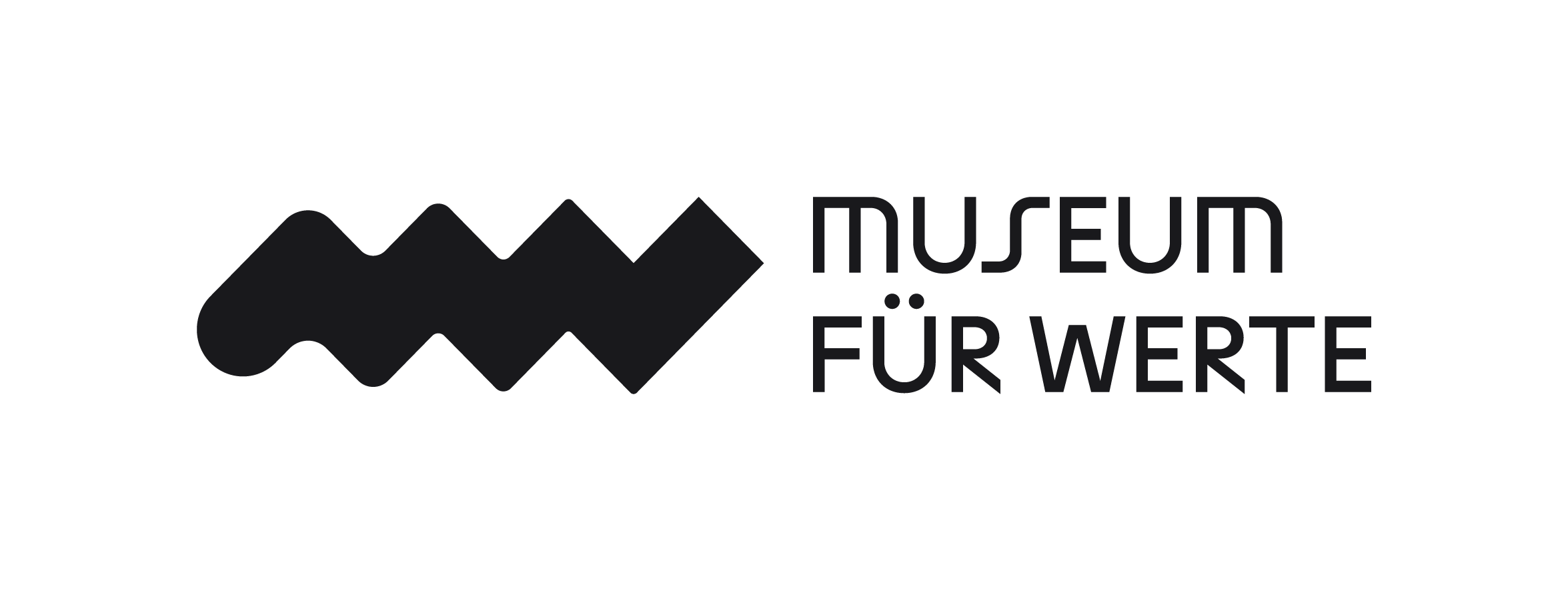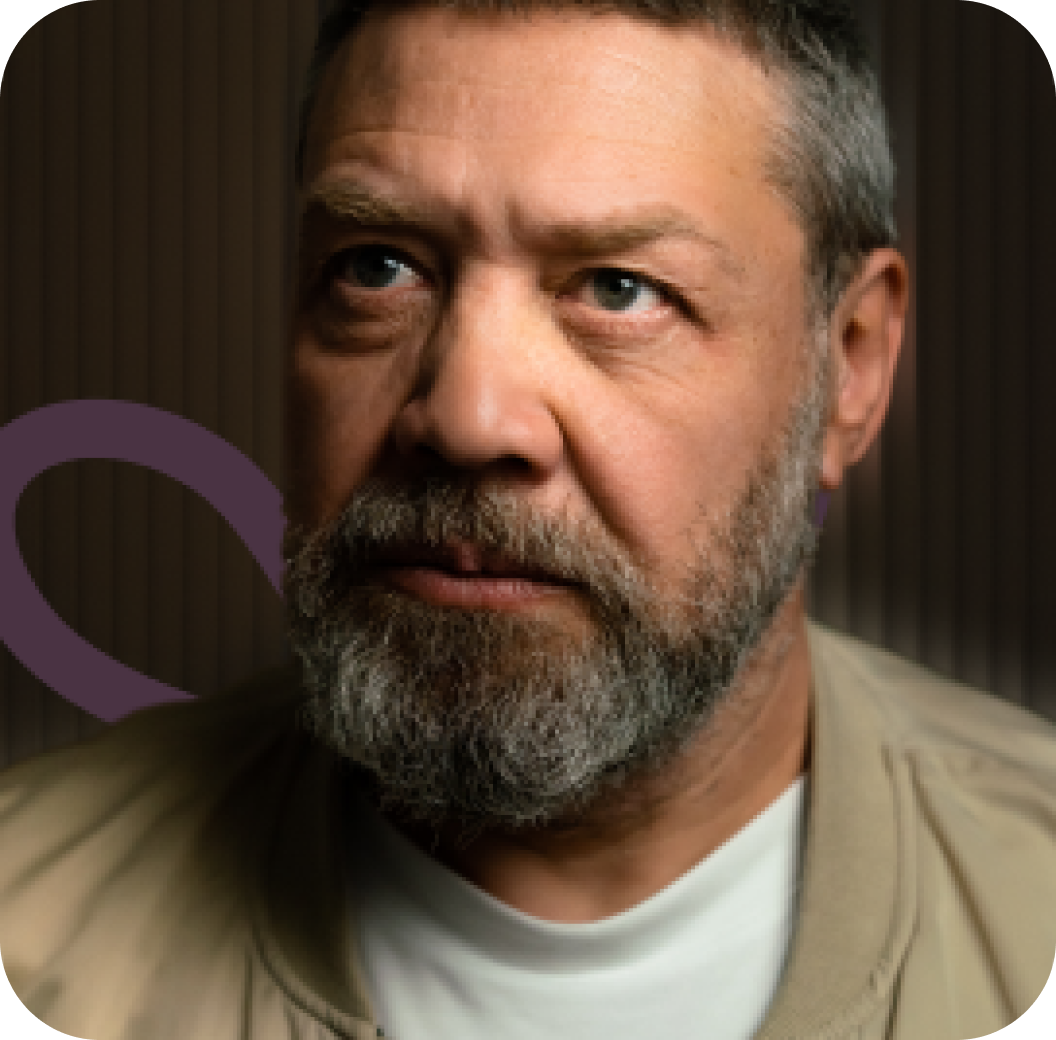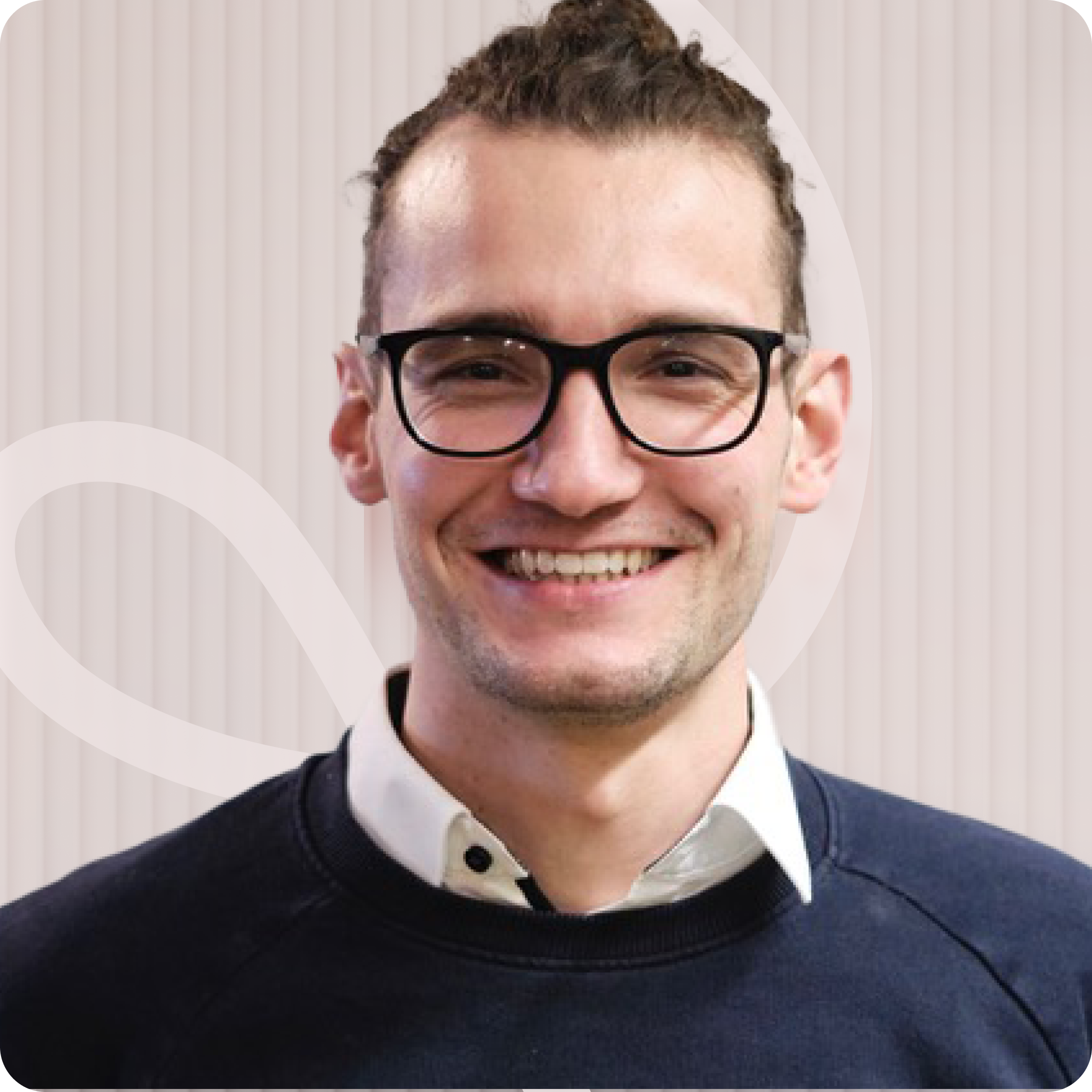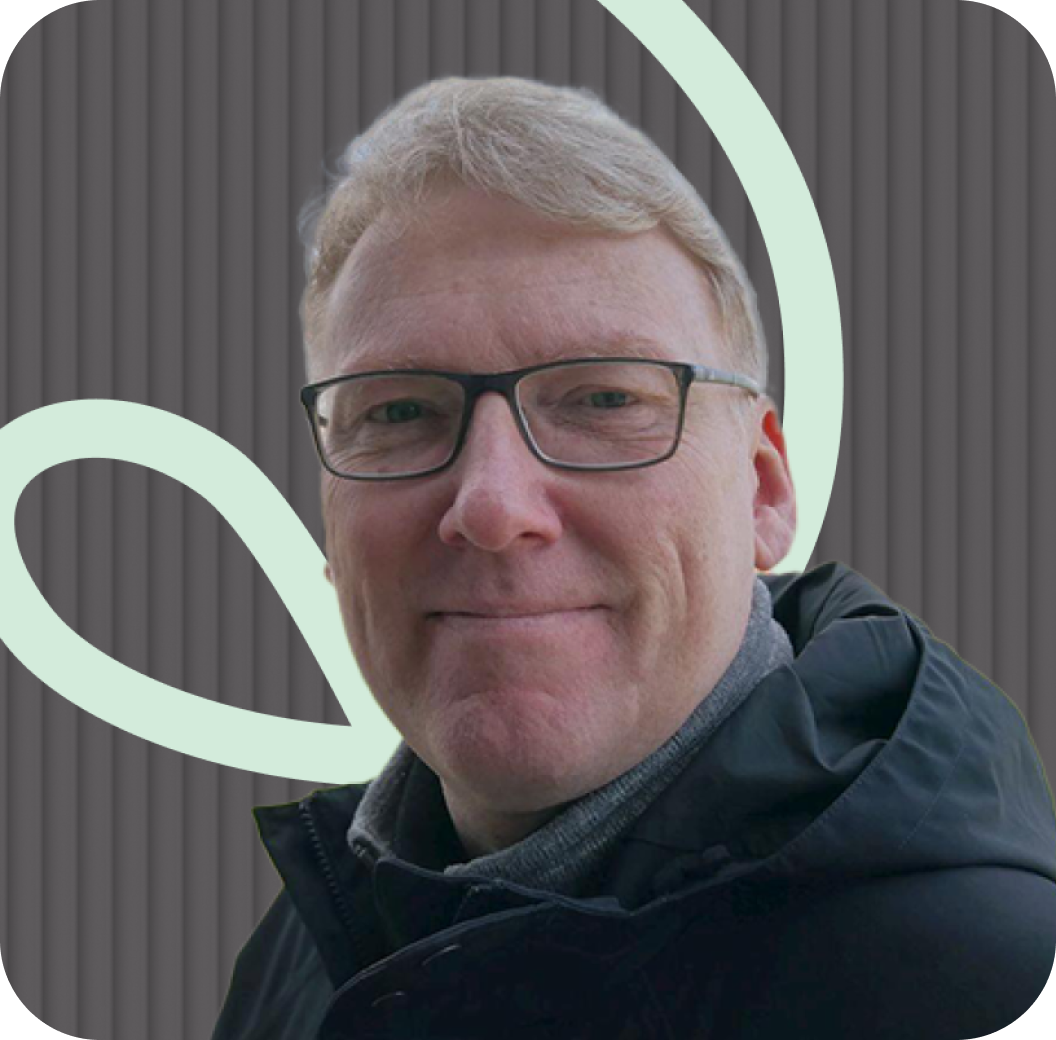Eike König's path to freedom in art
As part of a project by the Museum für Werte (Museum of Values), the young artist Luzie and the renowned artist and professor Eike König met in his studio in Kreuzberg, Berlin, for an inspiring conversation on the topic of freedom in art and design. The interview illuminates the personal experiences and perspectives of both artists and offers insights into their individual concepts of freedom.
From self-employment to artistic independence
Eike König began his career in a techno studio, which later evolved into the renowned design studio Hort. Although he initially worked as a graphic designer, he developed an affinity for art early on. His quest for freedom manifested itself in his decision to become self-employed.

"The greatest freedom for me in my professional life would be a situation where I can decide for myself who I work for, with whom I work, and how I work."
- Eike König
Freedom as independence
For Eike, freedom means, above all, independence . This concept runs like a thread through his life and work. Self-employment allowed him to act independently, but he also recognized the compromises that come with it.
Liberation through art
Over time, Eike's focus shifted from applied work to fine art. The COVID-19 pandemic served as a catalyst for this change. He sought liberation from external expectations and responsibilities toward clients and employees.
"Now I just want to have some time where I'm alone, where I'm just myself. I have responsibility only for myself, and I really decide what I do with my time again."
– Eike König
Influence of other people on the concept of freedom
Eike emphasizes how important positive experiences and the trust of others were for his personal development. People who gave him space to grow strengthened his self-confidence and significantly influenced his path to artistic freedom.
Luzie's perspective on freedom

What freedom means for the young generation
Luzie sees freedom differently: For her, it's primarily about equality and good coexistence. "I feel most free when everyone is doing well and we can meet on equal terms," she says. She also thinks about very practical things – like safe streets at night or fewer cars in the city.
Shared insights
During the conversation, it becomes clear: freedom requires courage. "You have to dare to try new things and trust that it will work out," says Eike. Both agree that exchanging ideas with others helps them further develop their own concept of freedom. Art and design are important ways for both of them to express freedom and question societal norms. They help them share personal experiences and discover new perspectives.
What remains?
After the conversation, Luzie emphasizes: "You should take time for such conversations more often – even with people outside your own bubble." The exchange showed that freedom means something different to everyone. It is constantly evolving – through new experiences, courageous decisions, and, above all, through open dialogue with others.
The conversation between the two artists makes it clear: freedom is both a personal and a communal thing. It thrives where people exchange ideas, learn from each other, and explore new paths!




